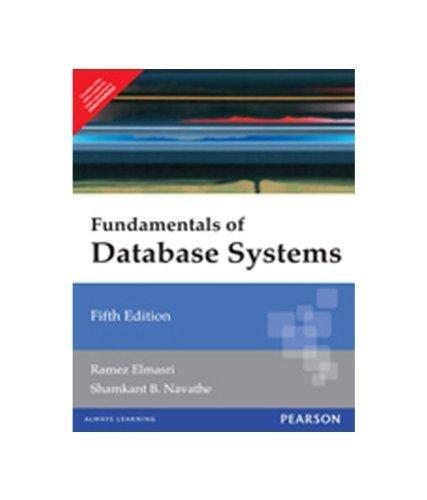Question
NOTE: All Routers must have your names for example (YourName1, YourName2). ------------ Use name (Sarah, Nasir) All Gateways must have your registration numbers in the
NOTE:
All Routers must have your names for example (YourName1, YourName2). ------------ Use name (Sarah, Nasir)
All Gateways must have your registration numbers in the last Octet. ------------ Use registration no (072)
All DHCP pool configured with your names for example (YourName1, YourName2) ------------ Use name (Sarah, Nasir)
Screen Shots of all devices configured.
Screen Shots of all pings and web servers access showing source and target PCs or Servers.
Show run of both routers attached with specific section commands.
WAN IP must use /30 network and an IPs last octet must contain your registration number.
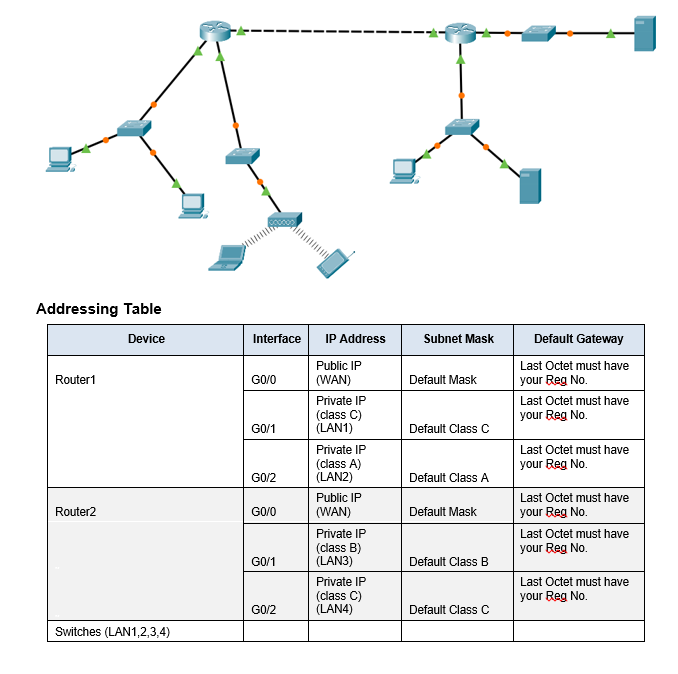
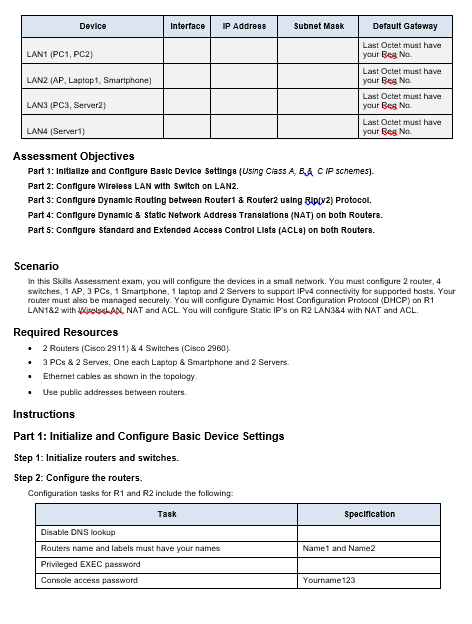
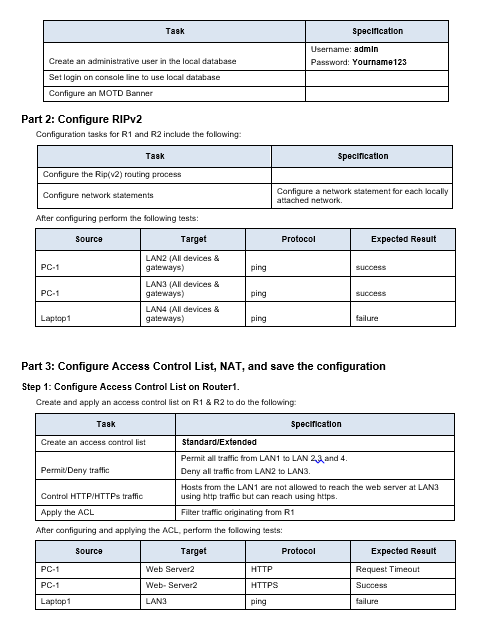
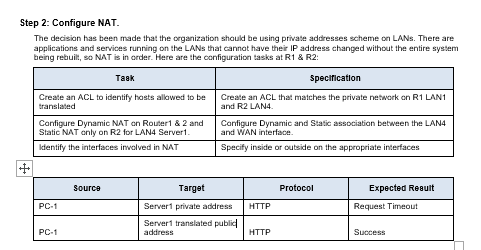
Step by Step Solution
There are 3 Steps involved in it
Step: 1

Get Instant Access to Expert-Tailored Solutions
See step-by-step solutions with expert insights and AI powered tools for academic success
Step: 2

Step: 3

Ace Your Homework with AI
Get the answers you need in no time with our AI-driven, step-by-step assistance
Get Started


